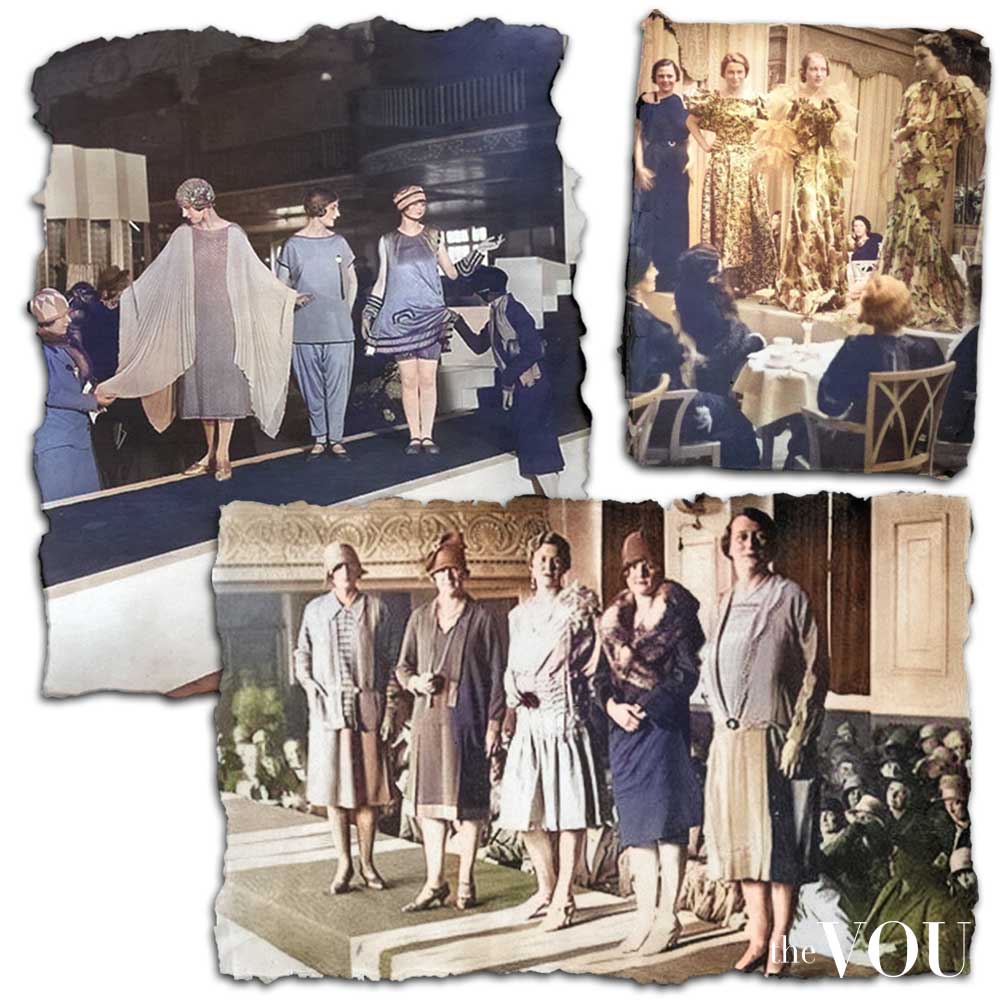What is the Origin of Fashion Week?
Fashion Week is an event comprised of multiple fashion shows where fashion designers send models on stage to showcase their upcoming season’s clothing and accessories to media, influencers, and customers.
The world’s most influential Fashion Weeks are held bi-annually in New York City, Paris, Milan, and London, also known as the Big Four Fashion Week cities.
What is the Origin of Fashion Week?
Before Fashion Week, fashion designers showcased their creations at clients’ homes via small fashion parades (défilés de mode’ in French).
Over time, these home-based fashion shows evolved into weekend-long social events that powerful and influential people attended.

The concept of weekend-long fashion shows reached the United States, and in 1903, Ehrich Brothers, a Manhattan clothing shop, organized the country’s first fashion event dedicated to middle-class women.
The shows were hugely popular, leading to the launch of the world’s first Fashion Week in New York City on July 19, 1943.
What Are the Biggest Fashion Weeks?
Paris, London, New York City, and Milan organize the world’s most famous fashion weeks (known as the “Big Four” Fashion Weeks) with shows that impact upcoming fashion trends.
The Big Four fashion weeks benefit from excellent funding, infrastructure, media coverage, top fashion critics, celebrities support, awards, and the shows of the most famous fashion designers of modern times.
New York Fashion Week
The world’s first ‘Fashion Week’ event occurred in New York City on July 19, 1943, in continuation to Eleanor Lambert’s work, who set up the New York Dress Institute in 1941 and the Press Week in 1943.
The purpose of New York Fashion Week was to provide fashion buyers with alternatives to French fashion during World War II, when workers in the fashion industry could not travel to Paris.
The 1990s yielded plenty of memorable moments, from Marc Jacobs’s infamous, grunge-inspired spring 1993 Perry Ellis show to Kate Moss strolling down the catwalk at Calvin Klein.
